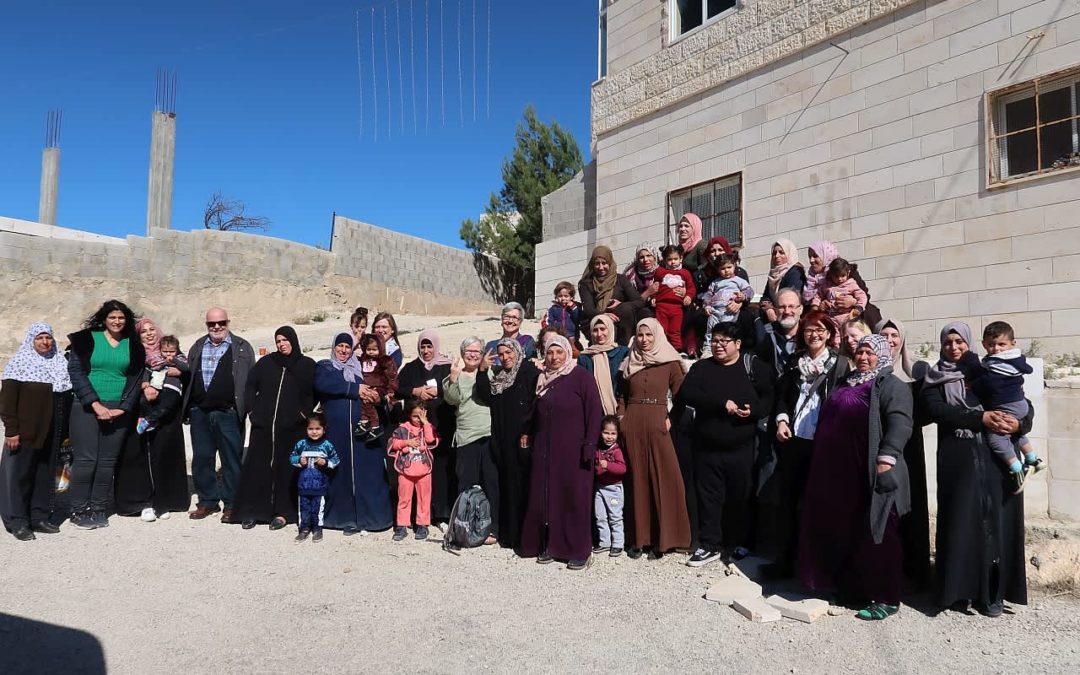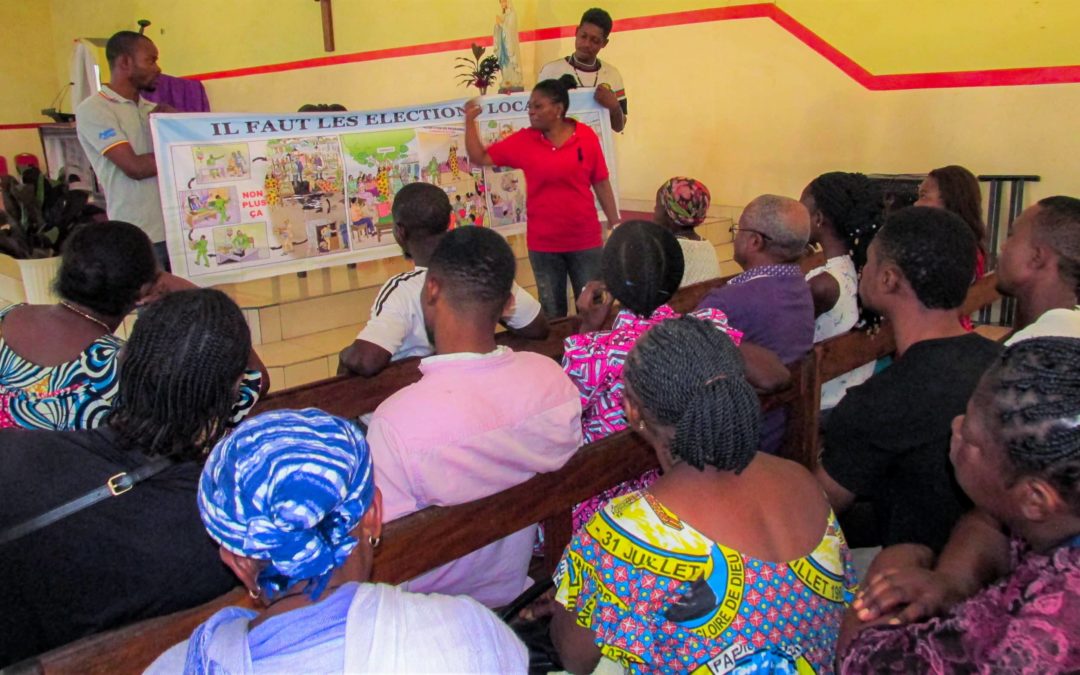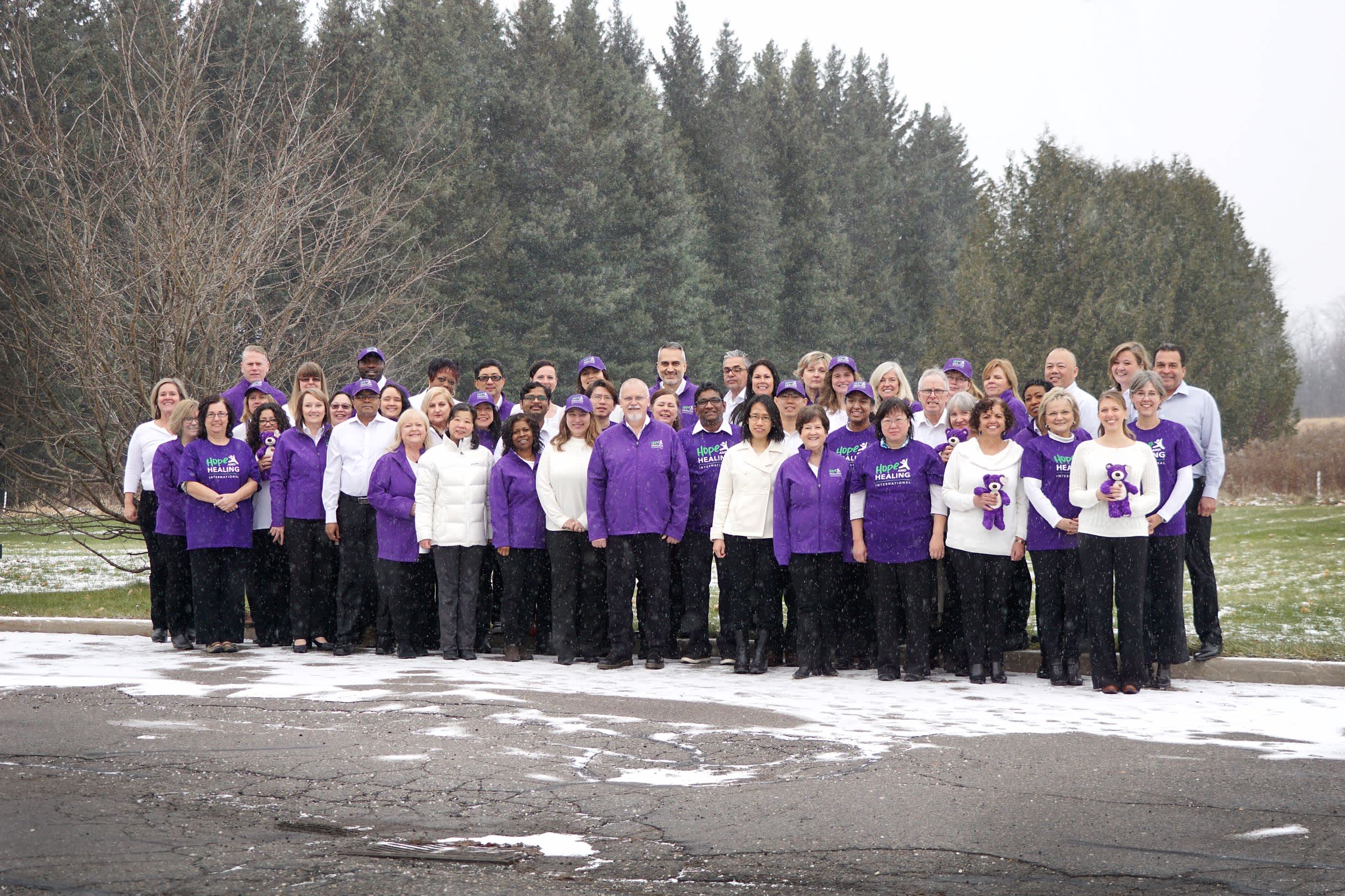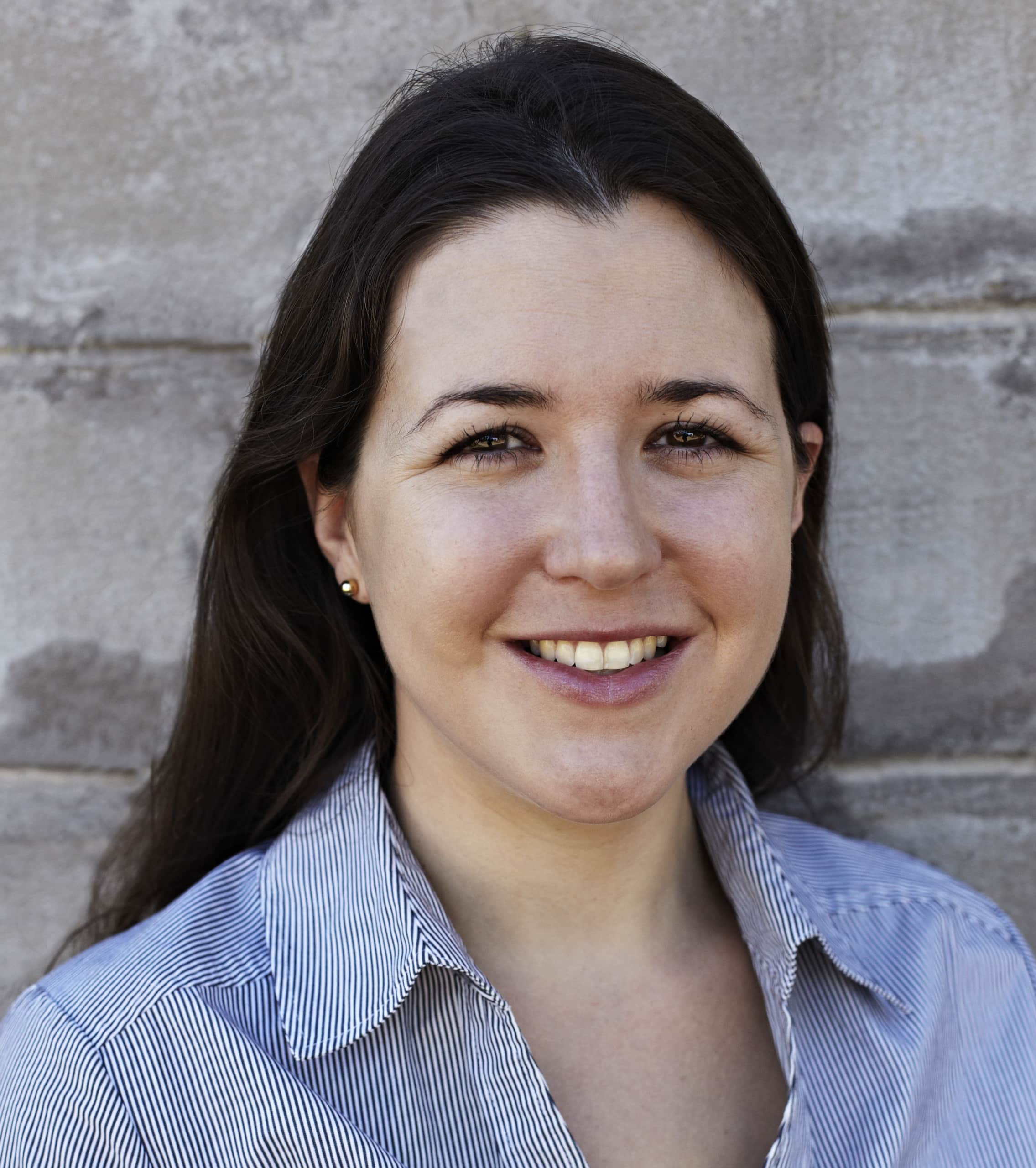Save the Children’s COVID-19 learning pathway: Resources for everyone and anyone
Canada’s international cooperation sector, like others, is part of the frontline response to the COVID-19 pandemic. Daily operations are changing. Events have been cancelled. Schools, businesses and government buildings are closed unless essential. Physical distancing is a part of our functioning and the main tool to help control the spread of the virus. And as we all adapt to this new reality, Canada’s international development and humanitarian sector is innovating to support local communities in Canada and abroad, to hold fast hard won sustainable development gains and help Canada and the world emerge stronger, more connected and resilient than ever.
At the Canadian Council for International Co-operation, we are committed to sharing stories of solidarity and innovation as Canada’s international development and humanitarian sector responds to the crisis. The first in this series, we are excited to share four ways our member Save the Children is supporting the most vulnerable communities here at home and communities abroad.
- An action agenda to protect hard won gains for children
The organization’s 5 point Agenda for Action to Protect a Generation from COVID-19 seeks to encourage Canada to come together with the international community at-large in global solidarity to deliver the following actions to protect a generation of children’s rights:
- Disease containment and mitigation
- Global financing
- Support for family finances
- Education and learning
- Children’s safety and protection
- Adapting to new realities
In response to COVID-19, the organization has quickly developed a COVID-19 Program Adaptation Framework and Guidance tool, in order to provide a steer guidance for its 120 Country Offices to identify appropriate adaptations based on context and phasing of the crisis ((Preparedness, Initial Response, Large-scale response, Recovery), recognizing that communities and programs will move through different phases at different times and through different waves of an outbreak throughout an entire 12 – 18 month (or more) period. . The guide can also be used by other CSOs or national responders. This effort is meant to guide Save the Children Country Offices to help to mitigate the impact of COVID-19 and to the extent possible, preserve children’s rights to survive, learn and be protected.
- Helping to keep children’s education on track
In an effort to fight COVID-19, schools across Canada have closed to control the spread of the virus. Valuable instruction and learning time for children is being lost as a result. Save the Children’s commitment to helping children and families in uncertain times is no different in the context of this pandemic. The organization has developed highly accessible and innovative resources to support and keep children’s health, mental well being and learning on track during this time, and beyond. Resources include a how-to talk to children about coronavirus, suggestions for relaxation and family learning activities, tips on incorporating reading, math and numeracy skills in daily routines, and even tips for grandparents staying connected to grandchildren during separation.
- Educating diverse stakeholders on COVID-19
In collaboration with Humanitarian Leadership Academy, Save the Children has also set up a COVID-19 learning pathway, on Kaya, a global learning platform. This resource focuses on capacity strengthening of its audience through up to date tools, resources, training and educational videos that enable quick, informed and efficient responses to COVID-19 for the international development and humanitarian sectors, and beyond. The pathway contains e-learning programmes for support to humanitarian responses, soft skills and remote working capacity strengthening, a library of downloadable resources related to work and operations in the context of a pandemic, and key sector guidelines and policies, to name a few. Resources, courses and videos cover a range of critical topics such as public health, child protection, education, gender, leadership and management, wellbeing and resilience. The user-friendly platform, accessible on mobile, computer and in a variety of languages, is tailored for just about anyone seeking to improve their skills and knowledge to better prepare and respond to crises overall, not just COVID-19. Since its launch in mid-March, the platform has been accessed by over 3000 people from partners all over Canada.
Like other members of our sector, Save the Children is showing its commitment to innovate and support families and children during times of uncertainty – whether it be in the field or through online learning opportunities such as COVID-19 learning pathway. Confined to our homes, Save the Children is harnessing e-learning to make the most of this difficult time through platforms accessible to all.
This is the kind of leadership and innovation that Canadians have come to expect from Canada’s international cooperation community. In the coming weeks, CCIC will showcase the stories of solidarity, resilience and innovation from our sector. We may be physically distant, but our members are more connected than ever in their efforts to combat the impacts of our shared global challenge with strength, humility and grace.

*By Arianna Abdelnaiem, Research Assistant at the Canadian Council for International Co-operation (CCIC).
* This blog is the first in a new series by CCIC that showcases leadership and innovation in Canada’s international development and humanitarian sector to the COVID-19 pandemic.





